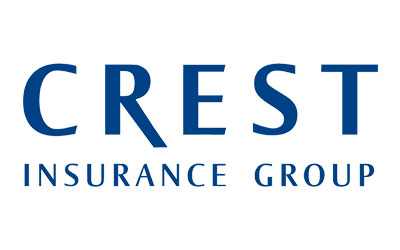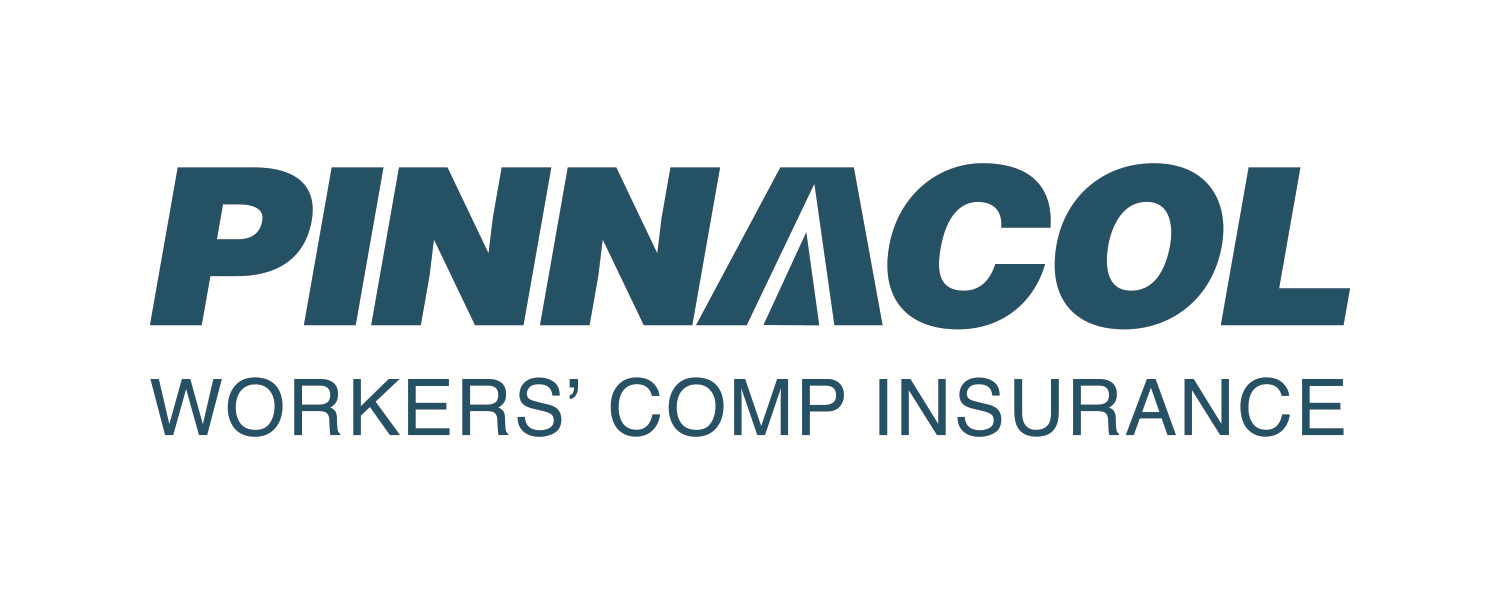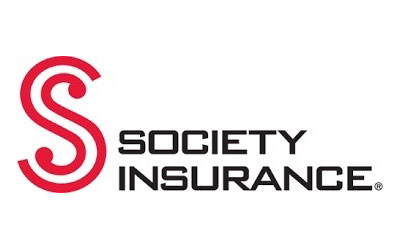October 24, 2023
Colorado Restaurant Association and Foundation Announce 2023-2024 Board of Directors Rosters
The Colorado Restaurant Association (CRA) and Colorado Restaurant Foundation (CRF) are pleased to announce each organization’s Board of Directors for the 2023-2024 fiscal year, including the CRA Board’s newly elected chair, Marc Steron, managing partner for Shanahan’s Steakhouse in Denver, who has taken over the role from Daniel Ramirez, co-CEO of Ramirez Hospitality Group, which has multiple Front Range locations. The CRF’s leadership includes Vice-Chair Chris Weil, Director of Sales, Foodservice West, for FOODMatch, Inc. and Vice-Chair of Fundraising and Vice-Chair Elect Melissa Brooks, who is VP of Human Resources for Breckenridge-Wynkoop, which also has multiple Colorado locations.
October 24, 2023
Colorado Restaurant Association Announces 2023 Lifetime Achievement Award and Industry Spotlight Award Honorees
The Colorado Restaurant Association (CRA) is pleased to announce the winners of the 2023 Lifetime Achievement Awards, who were celebrated and inducted into the Colorado Foodservice Hall of Fame at the CRA’s Board of Directors and Lifetime Achievement Awards Dinner on Tuesday, October 17, 2023, at the Broadmoor Resort in Colorado Springs.
The CRA is also delighted to announce the winners of the CRA’s annual Industry Spotlight Awards, who will be recognized at a ceremony taking place on Wednesday, November 8, 2023, at the Chambers Grant Salon in the Ellie Caulkins Opera House (1400 Curtis Street, Denver), beginning at 6 p.m.
October 2, 2023
Colorado Restaurant Foundation’s Angel Relief Fund Give-Back Campaign Honors World Mental Health Day
In honor of World Mental Health Day on October 10, the Colorado Restaurant Foundation (CRF) has launched a give-back campaign with local restaurants to support and raise awareness for its Angel Relief Fund (ARF).
June 20, 2023
Colorado Restaurant Association Welcomes the Michelin Guide to the Centennial State
The Colorado Restaurant Association (CRA) is pleased to welcome the Michelin Guide to Colorado, following its announcement last week that the Centennial State is now the eighth Michelin Guide destination in North America and the sixth in the United States. “In 2022, the Michelin Guide conducted a destination study in Colorado, and we spoke with Michelin about the excellence of the Colorado restaurant industry,” said Sonia Riggs, CRA president and CEO. “The Michelin team was pleased with the inspectors’ initial findings, and since then, the Colorado Tourism Office, led by director Tim Wolfe, has solidified the partnership. We couldn’t be happier for our industry.”
May 1, 2023
CRA Mile High Chapter and CRF Announce Return of Drink Red Wear Red at the Denver Museum of Nature & Science on June 8, Benefitting Colorado Restaurant Workers Facing Hardship
The Colorado Restaurant Foundation (CRF) and Colorado Restaurant Association (CRA) Mile High Chapter, in partnership with Republic National Distributing Company (RNDC), Sysco, and US Foods, are thrilled to announce the return of our annual industry celebration and fundraiser, Drink Red Wear Red, at the Denver Museum of Nature & Science (2001 Colorado Boulevard) on Thursday, June 8, 2023, starting at 6 p.m. (Tickets are on sale at https://corestaurant.org/event/drink-red-wear-red/.)
March 17, 2023
CRF Announces Colorado ProStart® Student Invitational Winning Culinary and Management Teams
On March 16, 2023, The Colorado Restaurant Foundation (CRF) held its annual Colorado ProStart® Student Invitational, a competition showcasing the culinary arts and restaurant management skills of high school juniors and seniors from across Colorado. Fourteen high schools competed, with nearly 100 students in chef coats and management uniforms vying for medals, prizes, and scholarships. Odyssey Early College and Career Options High School in Colorado Springs won the culinary competition, and ThunderRidge High School in Highlands Ranch won the restaurant management competition. The two teams will travel to Washington, D.C., to represent Colorado at the National ProStart Student Invitational® from May 2 to 4, 2023.
March 6, 2023
Shari Harley of Denver’s Candid Culture to Headline the 2023 Colorado Restaurant & Bar Show
The Colorado Restaurant Association (CRA) is delighted to announce the return of the Colorado Restaurant & Bar (CRB) Show, taking place on Tuesday, March 21 and Wednesday, March 22 at the Colorado Convention Center in downtown Denver. We’re also proud to share that the headlining keynote speaker of the 2023 CRB Show, sponsored by Healthy Hospitality, is Shari Harley, founder and president of Denver-based Candid Culture.
March 2, 2023
Colorado Restaurants Grateful for House Business Affairs & Labor Committee “No” Vote on HB23-1118
The Colorado Restaurant Association (CRA) and restaurants across the state are incredibly relieved this afternoon, after the House Business Affairs & Labor Committee voted eight to two against HB23-1118, or restrictive scheduling. The bill is postponed indefinitely, which effectively means it has no future path forward during this Legislative Session.
February 27, 2023
Colorado Restaurant Employees Speak Out Against “Unfair” Restrictive Scheduling Bill
The Colorado Restaurant Association (CRA) released a letter with more than 640 signatures from local foodservice employees pleading with House Business Affairs & Labor Committee members to understand “the horrible impact that HB[23]-1118 would have on the livelihoods and mental health of restaurant workers like us in Colorado.”
February 17, 2023
Colorado Restaurant Association: Restrictive Scheduling Bill Would Harm Employees and Crush Restaurant Viability and Growth
The Colorado Restaurant Association (CRA) remains opposed to and extremely concerned about HB23-1118 (Fair Workweek Employment Standards), which was laid over for action only after a seven-hour hearing in the House Business Affairs & Labor Committee last night. The bill shows a dire misunderstanding of the way the restaurant industry operates and disregards a fundamental pillar of restaurant employment: flexibility. It harms Colorado workers, consumers, and businesses of all sizes.


















